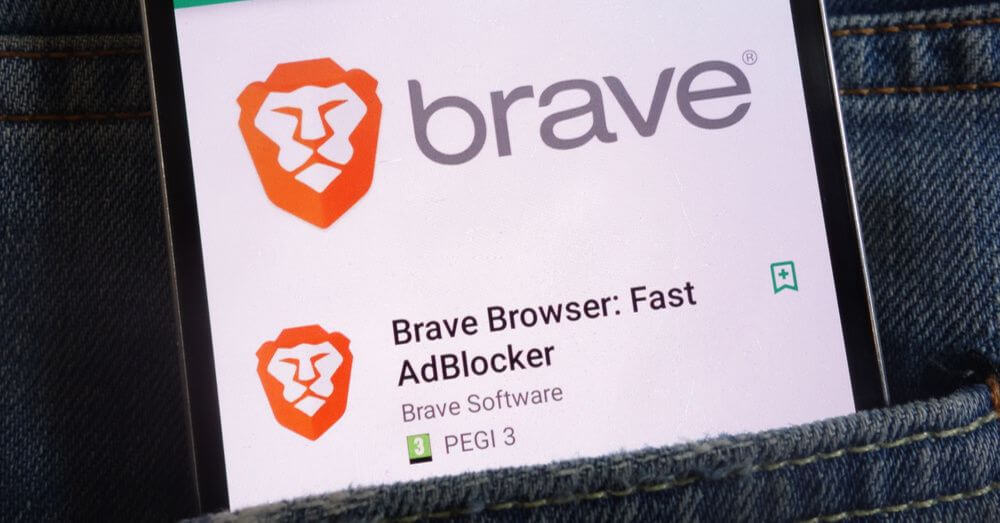
Users were quick to call out the browser’s ethics after they automatically added affiliate links to certain crypto sites
Brave, one of the biggest names when it comes to privacy browsers with a user base of about 15 million, recently got involved in a controversy regarding affiliate links.
Brave, a derivative of Chromium, is an open-source project that was developed in part by JavaScript creator and former CEO of Mozilla, Brendan Eich. It rose to popularity due to its speed and range of privacy plugins.
The browser was caught auto-completing URLs to select cryptocurrency sites with an affiliate link without notifying the user of its actions.
While this act did not compromise user privacy or involve hacking in any way, the lack of transparency regarding their relationships with affiliates drew concern over the ethics of their actions.
Affiliate programs are used to monetize a website and in this case, a special URL is assigned to an affiliate to promote the services of a certain partner. When a user signs up through that distinct URL, the affiliate gets paid for their participation.
Many countries around the world have laws mandating that affiliates inform users of their relationship with the advertiser if links of this nature are set in place. For example, in the United States, the Federal Trade Commission (FTC) requires that sites explain their relationship to any affiliate partners in a clear and visible way.
The European Union’s (EU) General Data Protection and Regulation (GDPR) sets similar terms, requiring partnerships with affiliates to be disclosed when user tracking is in place.
Apart from being an unethical practice, many believe that Brave likely violated some of these regulations with their referral scheme. When users entered the name or URL of select cryptocurrency sites into the privacy browser, the browser would automatically send them to that website with Brave’s referral code attached to the URL. Some of the site URLs that were affected by this included that of Ledger, Coinbase, Binance and Trezor.
Eich has apologised for the scheme, assured users that it had been fixed, and that it would not happen again. However, he also followed up by explaining that the affiliate referral scheme had been visible in the browser’s open-source code for several months.
“We made a mistake, we’re correcting: Brave default autocompletes verbatim “http://binance.us” in address bar to add an affiliate code. We are a Binance affiliate, we refer users via the opt-in trading widget on the new tab page, but autocomplete should not add any code … Sorry for this mistake — we are clearly not perfect, but we correct course quickly.” Eich detailed in a series of Twitter posts.
